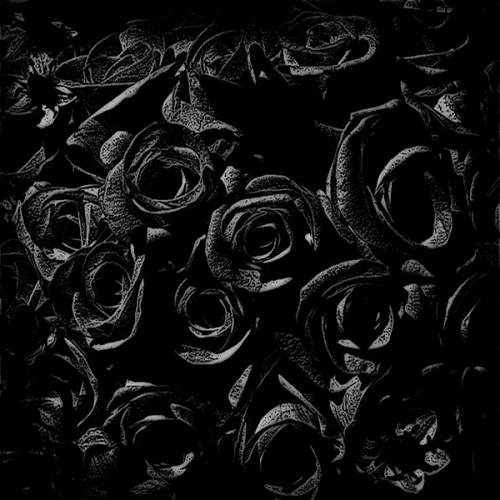FWP:
SETS == DEFINITION
GATHERINGS: {6,3}
GAZE: {10,12}
For discussion, and more examples, of the esoteric and never-clearly-defined term suvaidā , see {3,2}.
The commentators are all quite sure that 'your gathering of imagination' is one that takes place not in 'your' (the beloved's) mind, but in 'my' (the speaker's) mind. The analogy is thus to the treatment of 'your thought' [terā ḳhayāl], which does indeed in normal Urdu usage refer to 'the thought of you (that is in my mind)'. For discussion and examples of this kind of usage, see {41,6}.
But though in Urdu 'your thought' may be conventionally established as referring to what in English we'd call 'my thought of you', it's simply not the case that 'your gathering' is established as referring to 'my gathering that is devoted to you'. The reading could at least as easily and naturally go the other way. The grammar says, perfectly straightforwardly, that it's the beloved's own gathering, one that is held by her (even if in her mind), that is under discussion. For verses in which 'your gathering' is quite clearly the beloved's, see {6,3} and {170,3}. Since 'of imagination' is adjectival, I don't see why it would be sufficient in itself to shift the location of the gathering: either the beloved or the lover could be the host, or the site of, such a mental event.
The only other evocation of a 'gathering of imagination' [bazm-e ḳhayāl] is in {169,5}, and there the 'gathering of imagination' resembles a wine-house, a setting that could go either way: the beloved as Cupbearer might well preside over it, and/or the lover might well spend his evenings in it.
If the gathering is located in the beloved's own inner world, it makes sense that Longing [ḥasrat] would 'bring' [lānā] and 'place' [rakhnā] there its strange dark bouquet. Whereas if the whole gathering is already taking place in the lover's own mind, that's where the suvaidā is already located, so what need would there be for such an emphasis on transportation? And why would it be converted into a 'bouquet' made of 'glances' or 'looks', if not for formal presentation in the beloved's gathering, where the lover is perhaps not admitted at all, and of which he's desperate to get even a quick glimpse? Compare {153,5}, another verse in which something negative of the lover's is transformed into something esthetically pleasing when it enters the beloved's presence.
The beloved's 'gathering of thought' seems likely to be located in her mind, rather than her heart (see the definition of ḳhayāl above). So she will perhaps perceive the offering as a bouquet rather than a suvaidā . And in fact, the offering may not be a suvaidā at all-- it may really be a 'bouquet of glances' which people would casually or mistakenly call a suvaidā . Perhaps because the glances are so dark with longing, so wounded with passion? Perhaps because they look as though they've been ripped right out of the sender's heart? Perhaps because the lover, in his passion, has a suvaidā that has actually become in some sense a 'bouquet of glances', darkly and hopelessly focused on the beloved?
That being said, it still seems a bit unmotivated that the
beloved is hosting a 'gathering of thought'. What exactly is this? Why is
she doing it? Is she an intellectual or a visionary? Does she have an artistic
salon? Perhaps her activity along these lines is related to her
power to dominate, and deliberately manipulate, the lover's dreams, as in
{97,3}.

Nazm:
'Your gathering of imagination'-- that is, my heart, in which you always remain established. In this gathering Longing has brought and placed a bouquet that people call 'suvaida'. The gist is that in the heart that's not a suvaida; rather, it's a bouquet of longing-filled glances. (258)
== Nazm page 258